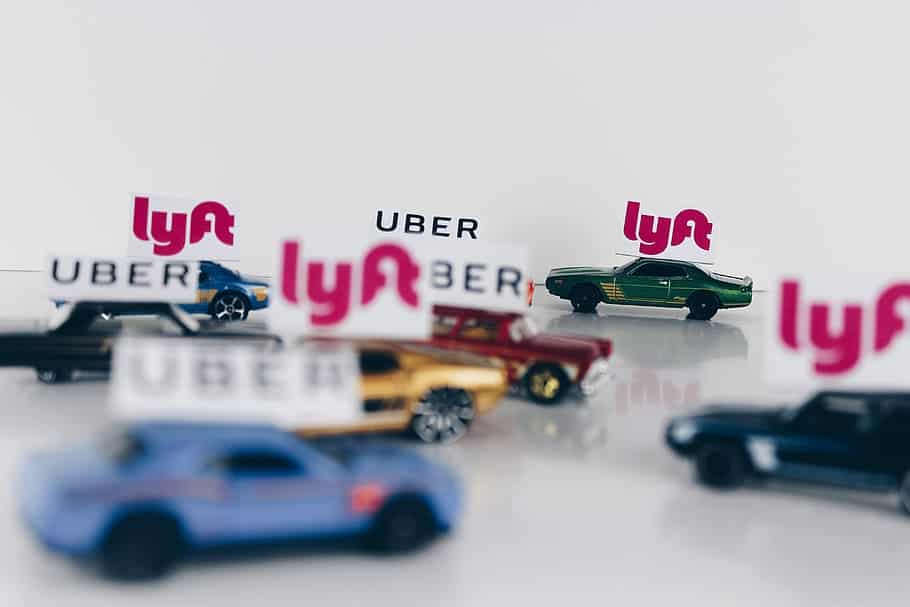Anita Alem is a student at Harvard Law School.
In today’s news and commentary: independent union Liga Sindical Obrera Mexicana wins against an employer-backed union in a critical vote near the United States-Mexico border; workers at Starbucks, Amazon and Trader Joe’s raise concerns over negotiating their first contracts with union-busting employers; and lawsuits allege Lyft uses worker misclassification to avoid sexual and physical assault liability.
On Wednesday, auto parts workers in Piedras Negras, Mexico, along the U.S. border, voted to join an independent auto union over the Confederation of Mexican Workers, a longstanding union that has been accused of being too company-friendly, in part because it is funded by the company. Liga Sindical Obrera Mexicana, the independent union, won 186 to 101, in an election that could signal a bright future for independent unions facing more corporate, employer-backed, and established unions.The workers produce parts for a Michigan-based manufacturing company that supplies carmakers such as Nissan and Tesla. Workers have expressed grievances regarding bonus hours, health and safety at the plant, and retaliation against workers who are in favor of the independent union.
The Guardian reported Thursday that from baristas at Starbucks to grocery retail workers at Trader Joes, workers are concerned that the new wave of unionizing may be stymied by union-busting employers who refuse to negotiate in good faith. While more than 200 Starbucks stores have unionized, Starbucks has not yet agreed to any contract terms and may try to have each individual store negotiate a contract, which could significantly delay negotiations. Amazon, too, has asked the NLRB to overturn the union election in what the union says is simply an attempt to delay contract negotiations. A lead organizer at Apple’s first unionized store, however, has said he is optimistic given Apple has been responsive to negotiations thus far.
Lyft drivers filed 18 new lawsuits and arbitrations across the country earlier this week, alleging that Lyft purposely misclassified employees as contractors to avoid having to provide legal workplace protections to its drivers, including to avoid liability for sexual and physical assaults perpetrated by customers against the platform’s drivers. Lyft itself has reported more than 4,000 claims of sexual assault from 2017 to 2019. The lawsuits come on the heels of a $8 million settlement with Uber for worker misclassification in California.






Daily News & Commentary
Start your day with our roundup of the latest labor developments. See all
July 4
The DOL scraps a Biden-era proposed rule to end subminimum wages for disabled workers; millions will lose access to Medicaid and SNAP due to new proof of work requirements; and states step up in the noncompete policy space.
July 3
California compromises with unions on housing; 11th Circuit rules against transgender teacher; Harvard removes hundreds from grad student union.
July 2
Block, Nanda, and Nayak argue that the NLRA is under attack, harming democracy; the EEOC files a motion to dismiss a lawsuit brought by former EEOC Commissioner Jocelyn Samuels; and SEIU Local 1000 strikes an agreement with the State of California to delay the state's return-to-office executive order for state workers.
July 1
In today’s news and commentary, the Department of Labor proposes to roll back minimum wage and overtime protections for home care workers, a federal judge dismissed a lawsuit by public defenders over a union’s Gaza statements, and Philadelphia’s largest municipal union is on strike for first time in nearly 40 years. On Monday, the U.S. […]
June 30
Antidiscrimination scholars question McDonnell Douglas, George Washington University Hospital bargained in bad faith, and NY regulators defend LPA dispensary law.
June 29
In today’s news and commentary, Trump v. CASA restricts nationwide injunctions, a preliminary injunction continues to stop DOL from shutting down Job Corps, and the minimum wage is set to rise in multiple cities and states. On Friday, the Supreme Court held in Trump v. CASA that universal injunctions “likely exceed the equitable authority that […]